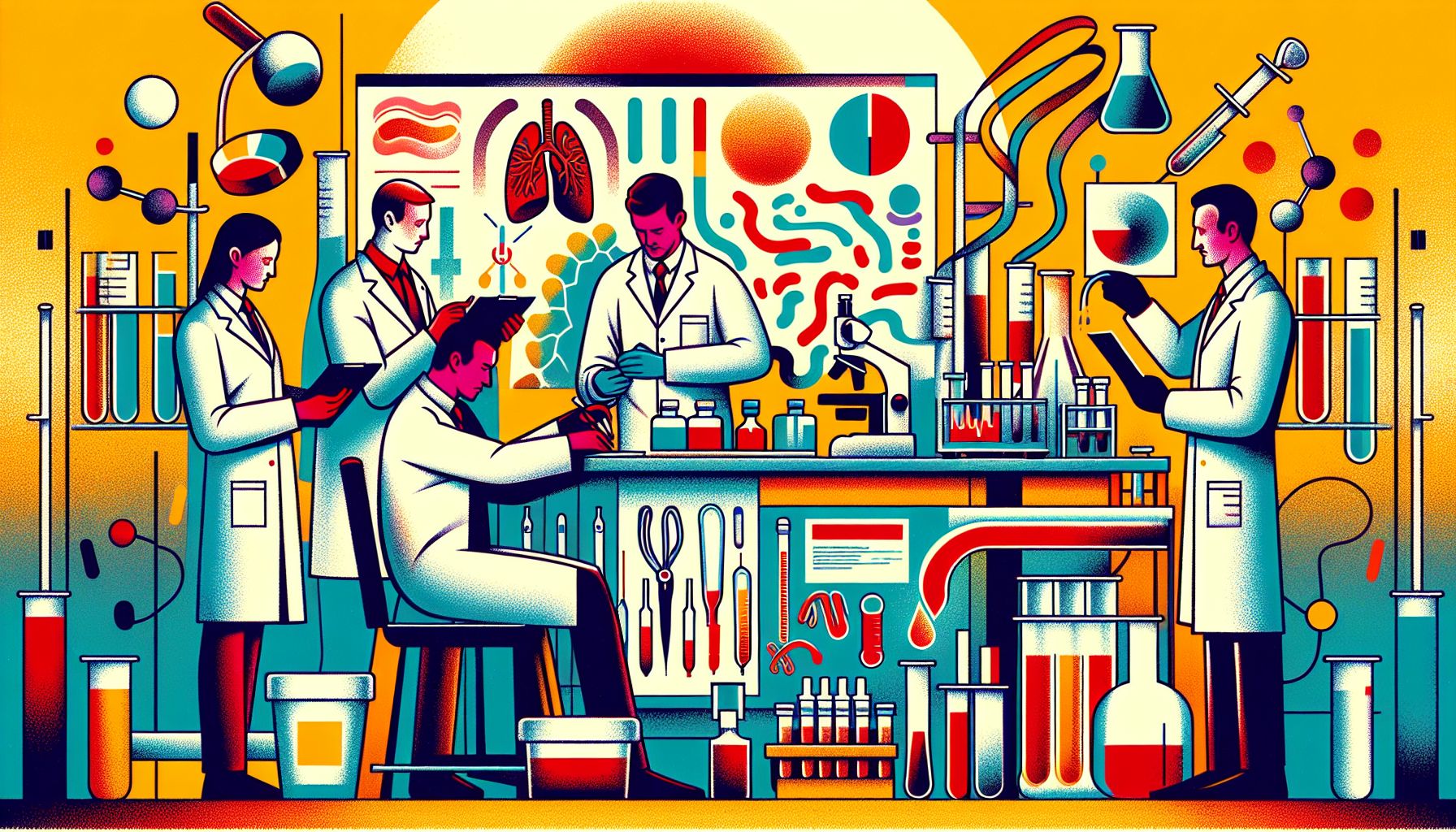Dutch Scientists Discover Potential Alternative to Liver Biopsies

Researchers in the Netherlands have identified a blood test that could replace traditional liver biopsies for diagnosing liver diseases, marking a significant advancement in medical diagnostics.
Introduction to the Innovation
The new method, developed by the Netherlands Organization for Applied Scientific Research (TNO), in collaboration with academic medical centers in Amsterdam, Leiden, and Copenhagen, aims to make the diagnosis of liver diseases less invasive and more patient-friendly. Traditional liver biopsies involve taking a small sample of liver tissue, which can be painful and carries a risk of complications. In contrast, the proposed blood test offers a simpler and safer alternative.
How the Blood Test Works
The blood test works by detecting specific biomarkers that indicate liver damage or disease. These biomarkers are substances released into the blood when the liver is injured. By analyzing these markers, doctors can diagnose conditions such as hepatitis, cirrhosis, and liver cancer without the need for a tissue sample. This approach leverages advanced biochemical techniques to identify and quantify these biomarkers accurately.
Benefits of the New Method
This innovation offers numerous benefits. Firstly, it significantly reduces the risk associated with liver biopsies, which can include bleeding, infection, and pain. Secondly, it is less invasive, making it more comfortable for patients and potentially increasing the likelihood of regular monitoring for chronic liver conditions. Finally, it is cost-effective, as it eliminates the need for hospital stays and complex surgical procedures.
Clinical Collaborations and Trials
The development of this blood test involved extensive collaboration between TNO and several prominent medical institutions. Researchers from Amsterdam, Leiden, and Copenhagen conducted rigorous clinical trials to validate the test’s accuracy and reliability. These trials demonstrated that the blood test could successfully identify liver diseases in patients with a high degree of precision, matching or exceeding the diagnostic capabilities of traditional biopsies.
Implications for the Future
If widely adopted, this blood test could revolutionize how liver diseases are diagnosed and monitored. It could lead to earlier detection of liver conditions, better patient outcomes, and reduced healthcare costs. Moreover, it aligns with the global trend towards non-invasive diagnostic methods, which are increasingly preferred for their safety and convenience.

